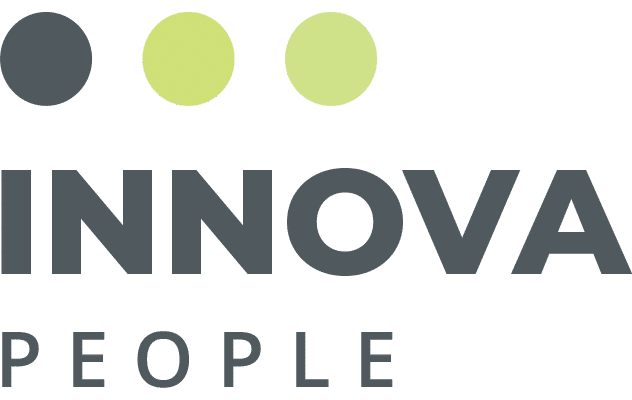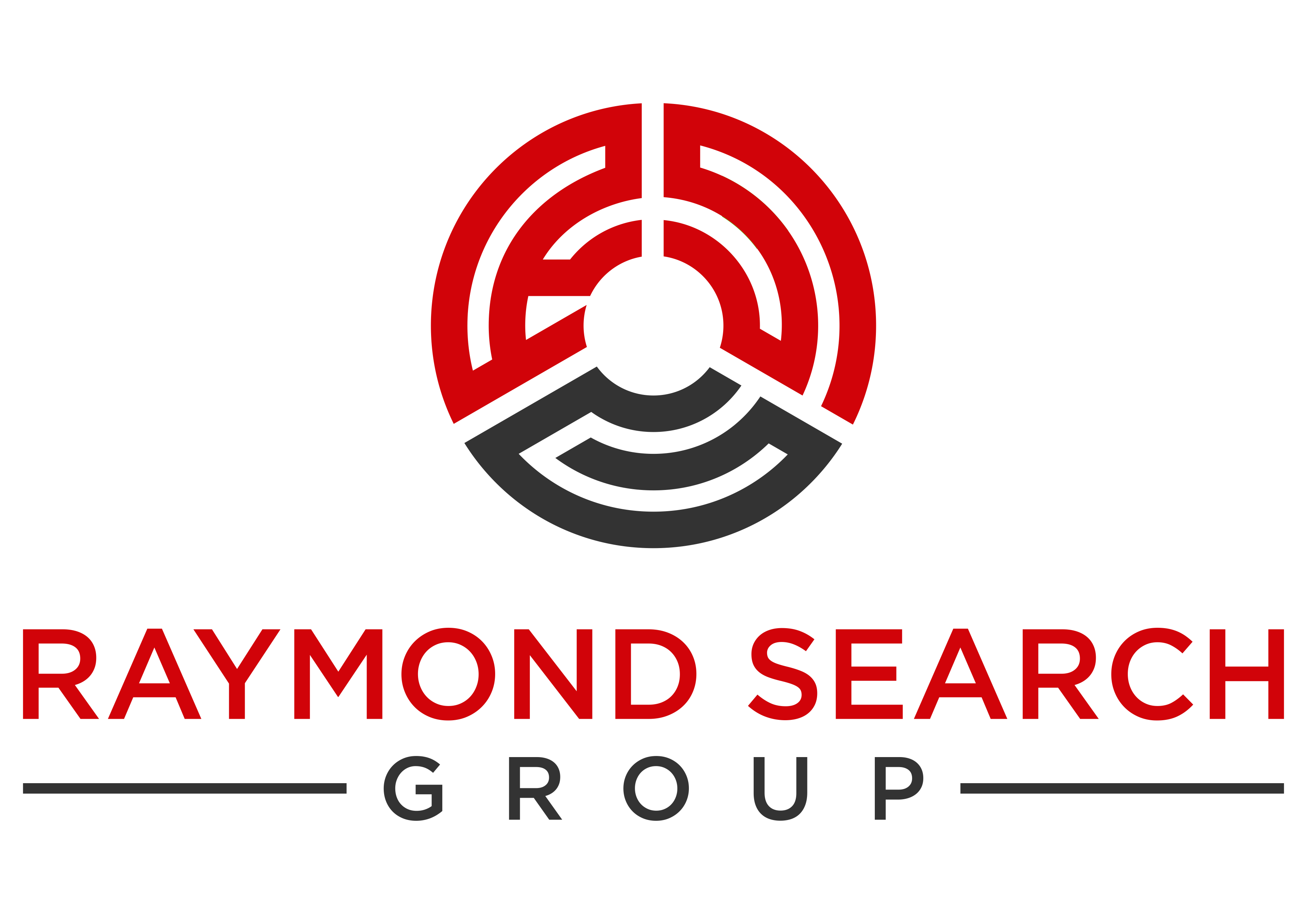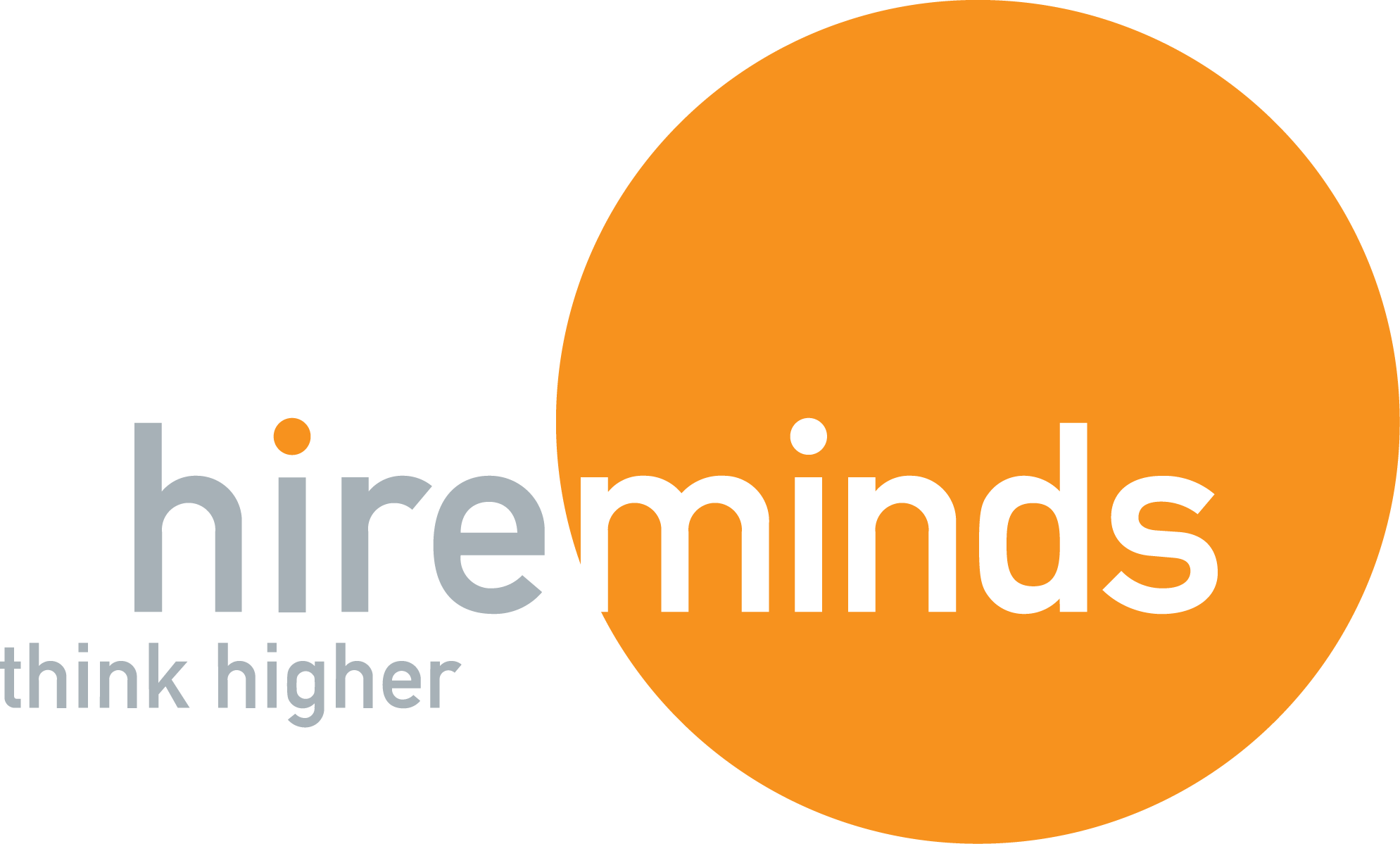
By Leo Golubitsky, Director of Consumer & Professional Technologies
We are no doubt facing an unprecedented time in our history. With so many questions and so many unknowns, we are all taking it day-by-day and figuring things out as we go along. One of the questions I have received from both Candidates and Hiring Managers alike is, “should we still be interviewing?”.
Here are my thoughts:
The quick and simple answer is YES!
Interviewing or filling a position is a process that normally takes 4-6 weeks if all things go well, sometimes longer. Even if you are not ready to hire or change jobs now, there are a lot of steps in the process that can be completed during this time so you can be ready when things begin to normalize. Finding candidates, phone interviews, Video Conferencing interviews, taking references, background checks, etc. All of which can be completed during this period of time.
Furthermore, now might be an even better time as many have more time to spend on this process. Between working from home, canceled meetings, canceled trips, canceled tradeshows, etc. we have more time to schedule interviews, update our resumes, and take calls from recruiters!
Hiring Managers- Questions to ask yourself:
- How is the current climate affecting our HIRING PLANS?
- Short-term? Long-term?
- How critical is it for us to fill these roles?
- Do we need these roles filled now? Or when things do return to normalcy?
- How is the current climate affecting our HIRING PROCESS?
- Can we hire without an in-person interview?
- Can we substitute an in-person interview with a Video Call?
Many companies and candidates are continuing with their hiring plans and job searches, adjusting their process to adapt to the current situation. Even those who are delaying the actual hiring are still working their process so they are prepared to act quickly when the time is right. If you stop now you will miss out on top candidates or great opportunities.
This too shall pass, and when it does, will you be ready?
Please let me know how I can be of help. I am happy to get on a call to discuss this with you!
Leo GolubitskyDirector of Consumer & Professional Technologies
440-991-1063
[email protected]






